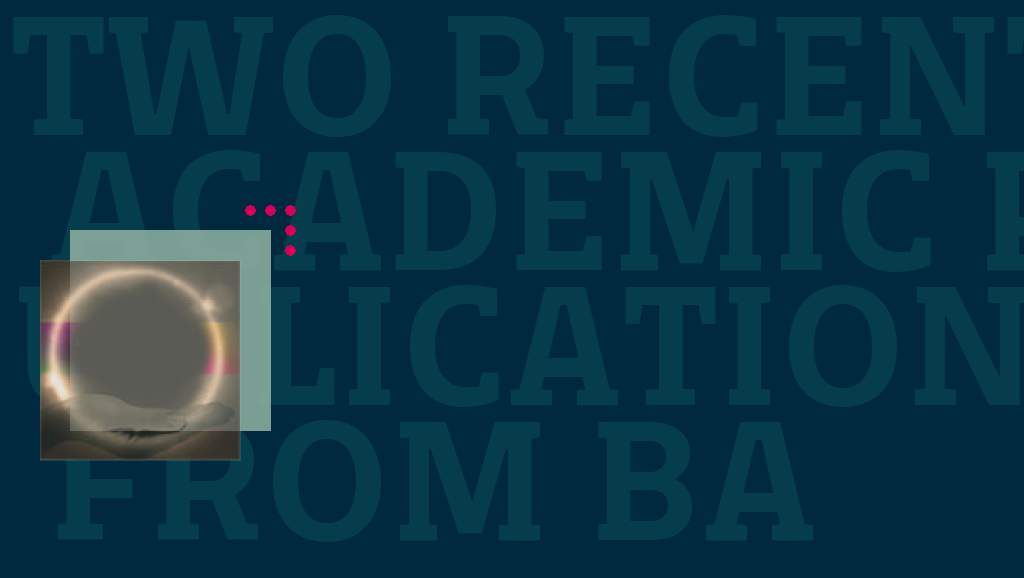As regular readers will know, the Bassetti Foundation holds a prominent position at the meeting point of policy focused and academic focused debate around Responsible Innovation, contemporarily holding a seat on the Editorial Board of the Journal of Responsible Innovation (JRI) and coordinating both the Lombardy Regional Forum for Research and Innovation and the TRANSFORM Project.
Through TRANSFORM, three regional governments (Lombardy, Catalonia and Brussels-Capital) are working alongside other project partners on experimental approaches to involve citizens in local government policy-making on research and innovation (R&I), with the aim of achieving more open, inclusive and democratic territorial development.
The Regional Forum for Research and Innovation has met regularly since its creation in 2018, publishing (amongst many other documents) a brief of recommendations for the COVID-19 emergency. The Bassetti Foundation recently concluded its appointment as Executive and Scientific Coordinator with the organization of a series of webinars with Forum members.
The JRI has recently become a full open access publication which has led to a broadening of readership, citations and a continued rise in its impact factor and ranking. Reviews of each issue since its first publication are available here.
In a move that very much reflects the privileged position of the Foundation within these interconnected spheres, 2021 has seen the publication of two JRI articles authored by Foundation staff, with Angela Simone and Jonathan Hankins offering their experience and perspectives on EU approaches to promoting responsible innovation via a Perspective piece and a book review.
In RRI legacies: co-creation for responsible, equitable and fair innovation in Horizon Europe, Douglas K. R. Robinson, Angela Simone and Marzia Mazzonetto describe how the move from the H2020 funding framework to the new Horizon Europe programme has led to a change in focus and new requirements on RRI and the RRI community.
The authors argue that a change of focus from research and knowledge production to an approach based on mission driven open innovation offers ‘an opportunity to leverage the insights gained from the past decade of activities in RRI and to extend and improve, particularly with regards to fair and equitable co-creation activities. With the increased focus on innovation, novel and responsible ways of innovating and co-creating must be embedded in these activities to reinforce the link between science, innovation and society’.
Hankins offers a review of Responsibility Beyond Growth. A Case for Responsible Stagnation by Stevienna de Saille, Fabien Medvecky, Michiel van Oudheusden, Kevin Albertson, Effie Amanatidou, Timothy Birabi and Mario Pansera, summarizing the questions raised in the book: How would Responsible Innovation develop if it could be uncoupled from its aim to drive economic growth? Could such a conceptual development be conceived as Responsible Stagnation?
The reviewer uses a jazz analogy to narrate the contents and arguments, describing the main arguments and approaches taken before concluding with what he sees as the main question raised by the book as a whole: Could the RI model adopted by the European Union be seen as an attempted technical fix, based on standards that don’t suit its style?
For interested readers: a further developed review of the same publication has just been published in the latest issue of the Glocalism journal. In this second extended review Hankins offers his own vision of Response-able Innovation as a reaction to the criticisms raised in the book.
All of the above publications are available Open Access through Creative Commons licenses and can be downloaded using the links above.
—————————
















